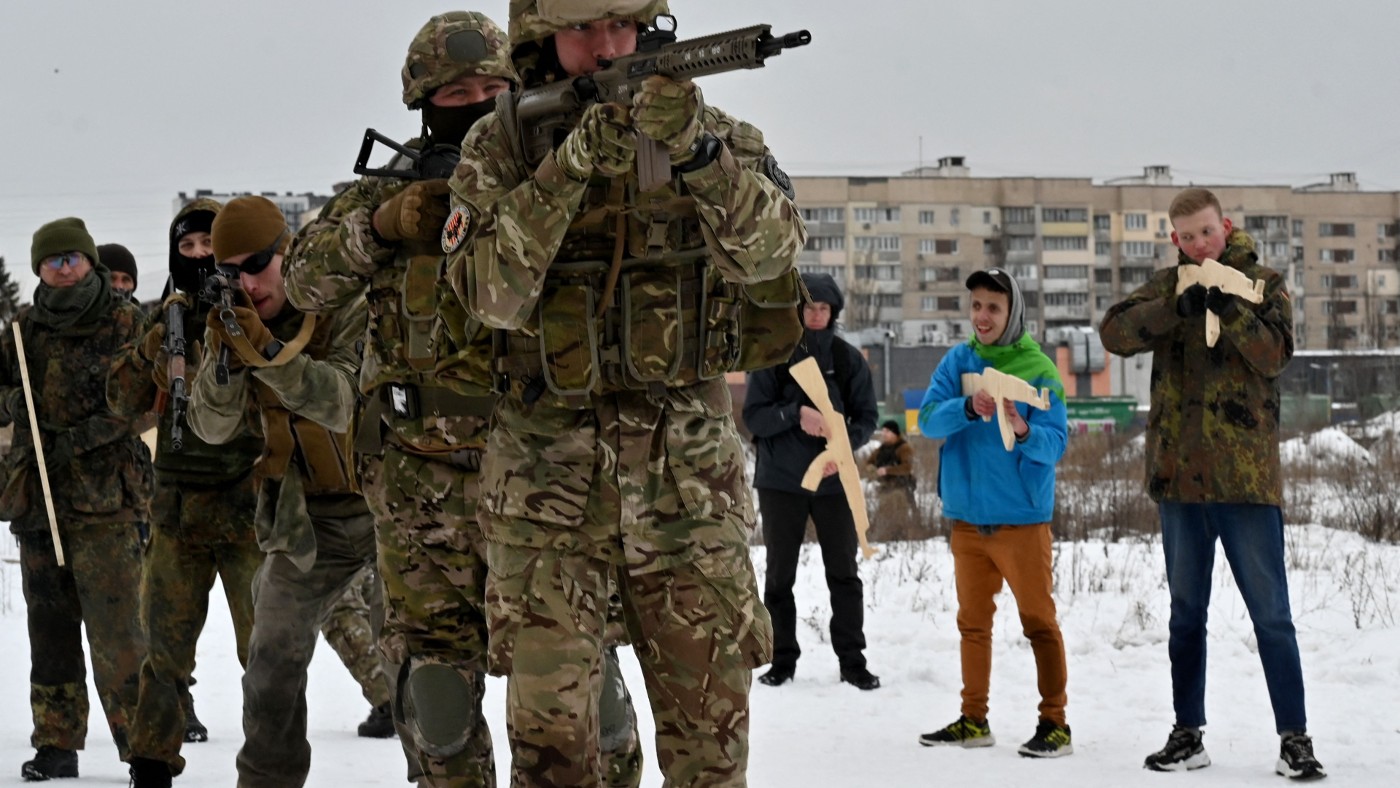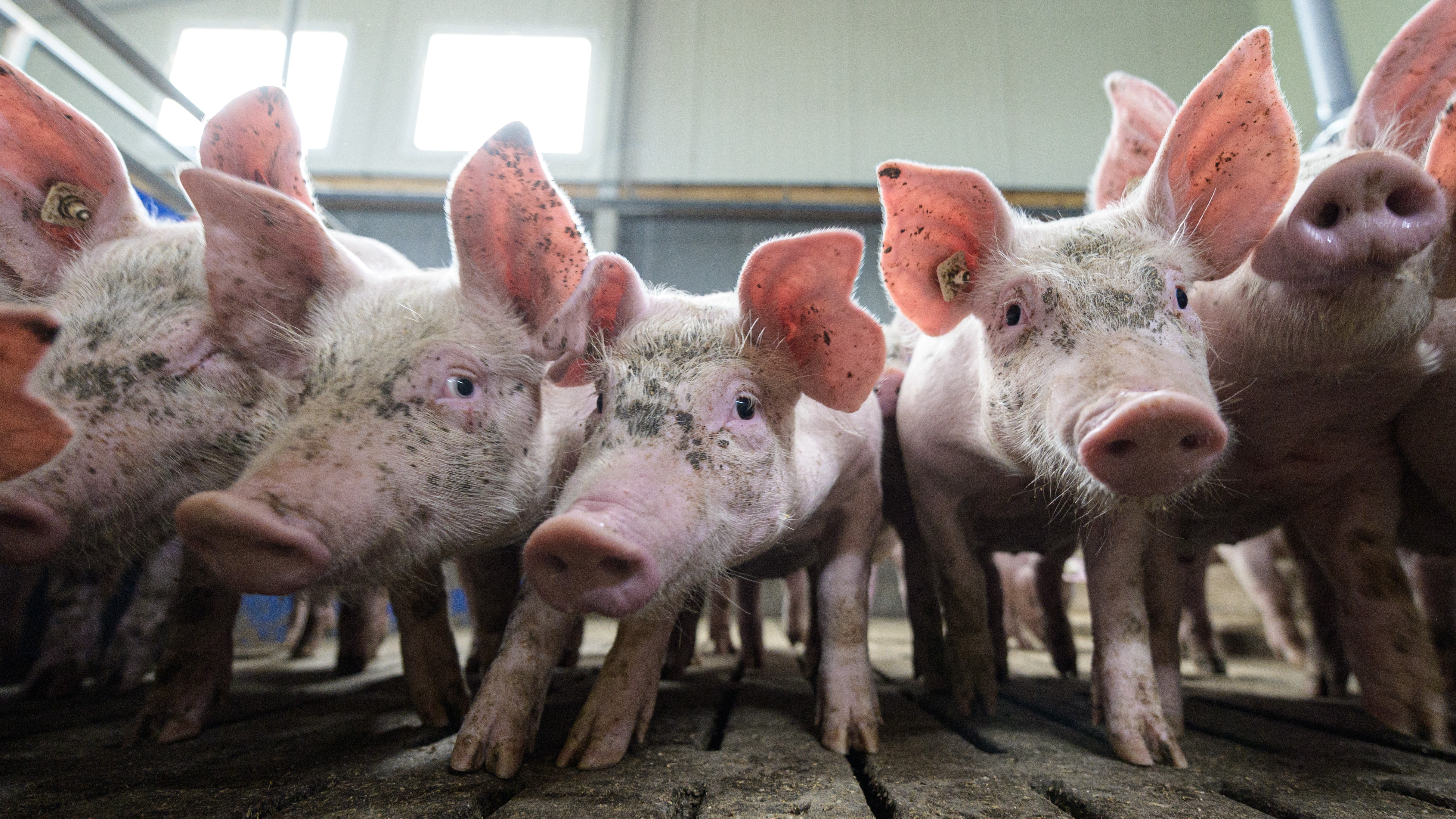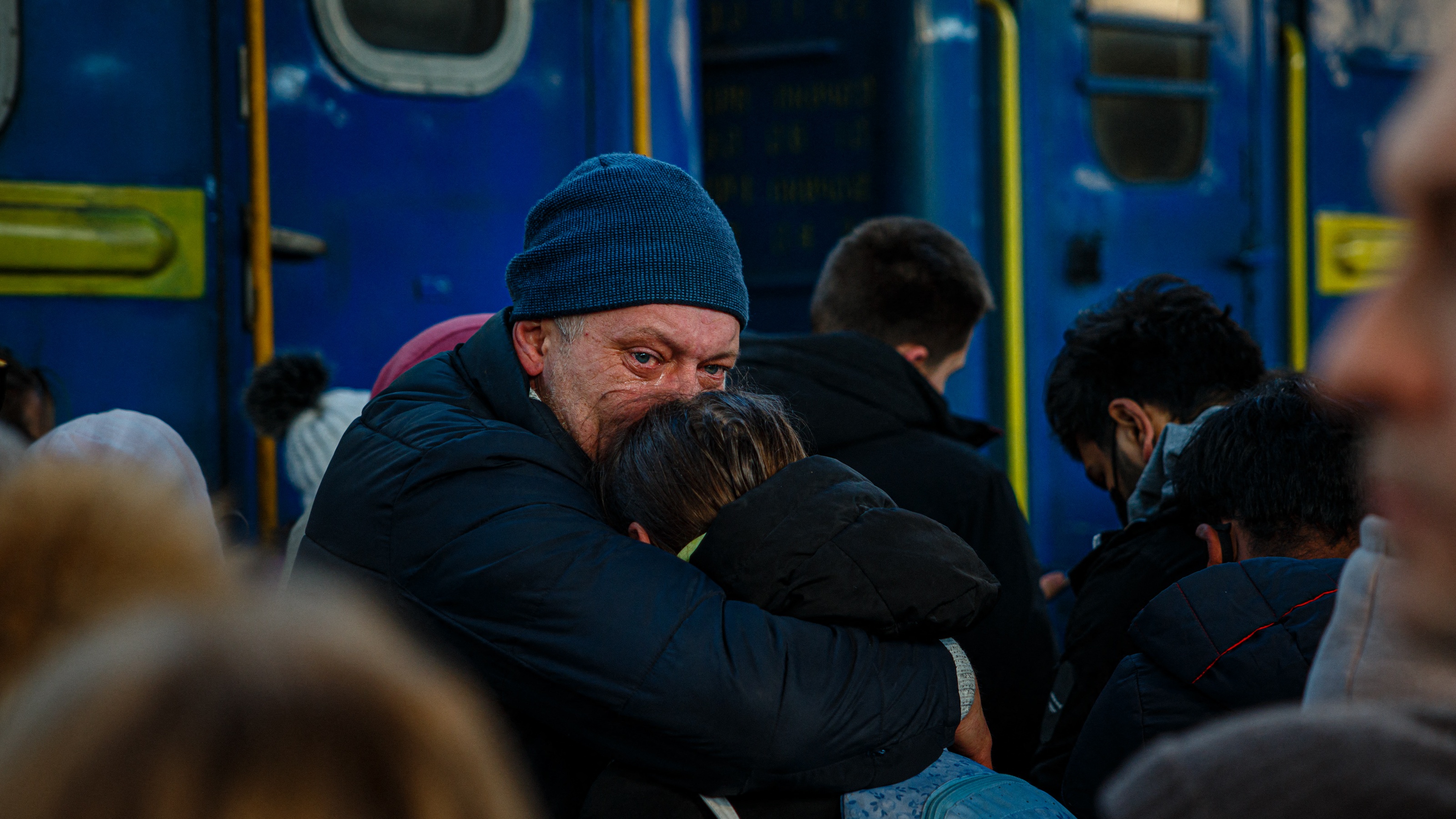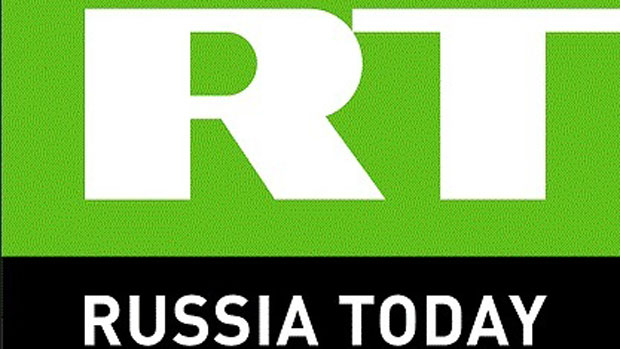How the world reported the ‘final push’ to avoid war in Ukraine
Western officials warn of imminent conflict while Ukraine sticks to more measured rhetoric

A free daily email with the biggest news stories of the day – and the best features from TheWeek.com
You are now subscribed
Your newsletter sign-up was successful
Europe is closer to the outbreak of war than at any point in the past 70 years, a government minister has said, as Russian troops mass on the border with Ukraine and Western leaders warn that an invasion could take place early this week.
Armed forces minister James Heappey told BBC Radio 4’s Today programme that the Russian troops are unlikely to be “a show to win leverage in diplomacy” because “unglamorous stuff that actually makes an invasion force credible is now in place too”.
He added that he feared “we are closer than we’ve been on this continent” to war “for 70 years”. The minister’s warning came as media around the world reported a “final push” of diplomacy during what has been described as a pivotal 72 hours to avoid war in Ukraine.
The Week
Escape your echo chamber. Get the facts behind the news, plus analysis from multiple perspectives.

Sign up for The Week's Free Newsletters
From our morning news briefing to a weekly Good News Newsletter, get the best of The Week delivered directly to your inbox.
From our morning news briefing to a weekly Good News Newsletter, get the best of The Week delivered directly to your inbox.
“What is perhaps Europe’s most intense security crisis since the end of the Cold War appears to be nearing a climax,” said The New York Times after officials in Washington warned that a Russian invasion of Ukraine could begin “at any moment”.
Ukrainian president Volodymyr Zelensky is “clinging to the strategy” of “using every appearance to caution against panic and overreaction”, the paper added, “to the point of seeming nearly delusional about the grave risks his country faces”.
But “gaps have opened” between Washington and Kiev, with US president Joe Biden raising “a global alarm” and “treating the threat of an invasion much more seriously” than Zelensky.
Zelensky’s more measured tone is shared by Ukrainian media. The Kyiv Independent reported that “at present, the accumulated forces on the border are insufficient for a large-scale operation aimed at capturing all or a significant part of Ukraine”.
A free daily email with the biggest news stories of the day – and the best features from TheWeek.com
The news site went on: “Such scenarios are unlikely in the foreseeable future” as “there is currently no active action in Russia to prepare the hundreds of thousands of troops needed for such a large-scale offensive”. It added that an invasion “would be catastrophic for all of Russia, not just the Kremlin”.
Al Jazeera said that Kiev has requested an “urgent meeting” with Russia to discuss Moscow’s massing of troops and that Western leaders are renewing diplomatic efforts aimed at preventing a feared invasion. German chancellor Olaf Scholz will arrive in the Ukrainian capital today for talks with Zelensky.
In the US, The Washington Post sounded a pessimistic note over the diplomatic blitz.
“In the days ahead, we’ll see a frantic, last-ditch effort to find what diplomats like to call an off-ramp,” the paper said. But a successful outcome “seems unlikely, given all the military hardware in place and Nato’s refusal to make the concessions” Putin has demanded.
There was a similar tone across the front pages of the UK’s newspapers today. The Daily Mirror splashed on the “Countdown to War”, while the Daily Mail predicted a “frantic 48 hours to save Europe”. The Times and The Telegraph both featured an image of a 79-year-old Ukranian woman being instructed on how to use an assault rifle.
Ukrainian oligarchs appear to fear an imminent outbreak of war, with The Moscow Times reporting that “at least 20 chartered flights departed from Kyiv on Sunday – more than at any other time in the last six years of flight observations”.
Ukraine’s two richest men – Rinat Akhmetov and Viktor Pinchuk – have reportedly fled the country, the paper said, along with others including shipping magnate Andrei Stavnitser and agricultural tycoon Vadim Nesterenko.
Over in Germany, Der Spiegel reported on a call by more than 100 Russian intellectuals for the Kremlin to de-escalate the situation and avoid an “immoral, irresponsible and criminal” war.
A recent poll found that 39% of Russians believe that a new war with Ukraine is likely or inevitable, and only 4% of respondents blamed the Russian leadership for the tension. The German magazine described a “leaden listlessness” that “has settled over the country”.
The Sydney Morning Herald focused on what “Vlad the invader” gets out of the crisis. It said that “it is clear the Russian leader has already succeeded, without a shot fired, in showing his people that he remains a man to be reckoned with on the world stage”.
It quoted Doug Klain, a Eurasia expert at the Washington-based Atlantic Council, as saying Putin does not feel he can afford the Russian people to see Ukraine, “a former Soviet Republic with a largely Slavic people and deep historical and cultural ties to the motherland, flourish as a functioning Western-style democracy”.
Chas Newkey-Burden has been part of The Week Digital team for more than a decade and a journalist for 25 years, starting out on the irreverent football weekly 90 Minutes, before moving to lifestyle magazines Loaded and Attitude. He was a columnist for The Big Issue and landed a world exclusive with David Beckham that became the weekly magazine’s bestselling issue. He now writes regularly for The Guardian, The Telegraph, The Independent, Metro, FourFourTwo and the i new site. He is also the author of a number of non-fiction books.
-
 Tourangelle-style pork with prunes recipe
Tourangelle-style pork with prunes recipeThe Week Recommends This traditional, rustic dish is a French classic
-
 The Epstein files: glimpses of a deeply disturbing world
The Epstein files: glimpses of a deeply disturbing worldIn the Spotlight Trove of released documents paint a picture of depravity and privilege in which men hold the cards, and women are powerless or peripheral
-
 Jeff Bezos: cutting the legs off The Washington Post
Jeff Bezos: cutting the legs off The Washington PostIn the Spotlight A stalwart of American journalism is a shadow of itself after swingeing cuts by its billionaire owner
-
 The most memorable newspaper front pages of 2022
The most memorable newspaper front pages of 2022In Depth From Uber files and Partygate revelations to Liz Truss’s lettuce face-off
-
 The Week Unwrapped: wheels or doors, Russian losses and speaking pig
The Week Unwrapped: wheels or doors, Russian losses and speaking pigpodcast What makes a social media post go viral? What does the war in Ukraine mean for pensions? And can an algorithm understand a pig’s emotions?
-
 The Ukrainian-Russian families at conflict over invasion
The Ukrainian-Russian families at conflict over invasionfeature Estimated 11m people in Russia have Ukrainian relatives – but some ‘don’t believe’ war is even happening
-
 RT: Putin's mouthpiece or a home for alternative voices?
RT: Putin's mouthpiece or a home for alternative voices?In Depth Latest Russia Today journalist quits and accuses channel of 'disrespecting the facts'